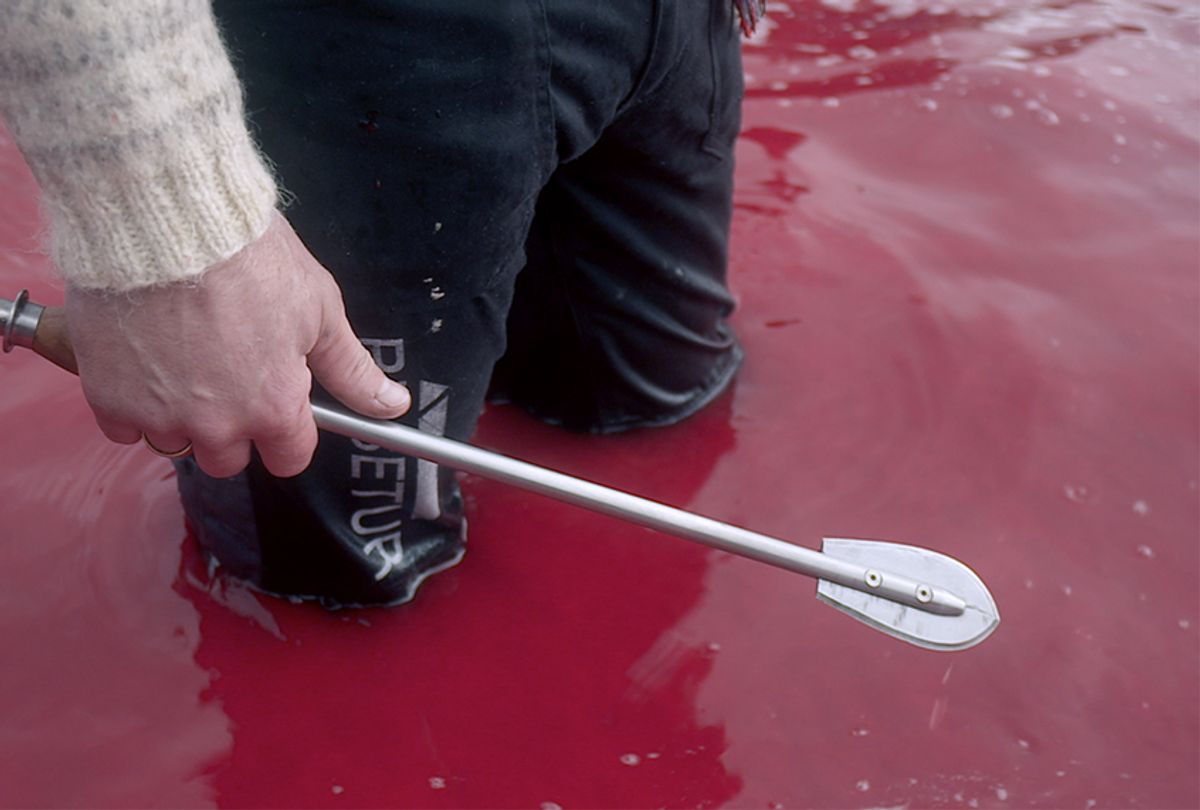In the remote Faroe Islands, traditional communities are facing a choice between their heritage and their health. In "The Islands and the Whales," Scottish filmmaker Mike Day turns his lens on the isolated Atlantic archipelago to chronicle the mounting tension in this part of the world.
The Faroe Islands are remote by any standard, meaning traditional Faroese diets rely heavily on what can be harvested from the ocean. The consumption of whale meat and blubber, as well as puffin meat, has for centuries been viewed as an integral part of day-to-day life. Entire festivals are designed around whale meat and the hunting of these animals.
The community has, however, experienced notable backlash against its traditional hunting practices. Not only are anti-whaling organizations protesting the hunts, but increasing levels of world pollution have wreaked havoc on the ocean’s ecosystem.
The medical community has raised the alarm on the Faroese diet, as high levels of mercury in the meat can have disastrous health effects. The whales are essentially toxic, they say, and not fit for human consumption.
For many who live on the Islands, this knowledge is difficult to accept. What once ensured their survival now endangers their lives.
The mounting international pressure to ban a practice so heavily steeped in tradition and so deeply rooted in culture has proven to be a source of grave tension in this remote part of the world. "The Islands and the Whales" is a sensitive exploration of this tension, and it invites American audiences to consider how fragile and interconnected our environments really are.
You can watch the full film, "The Islands and The Whales," on POV Monday, Oct. 9, at 10 p.m. ET (check local listings) on your local PBS station or online at pov.org/video.



Shares